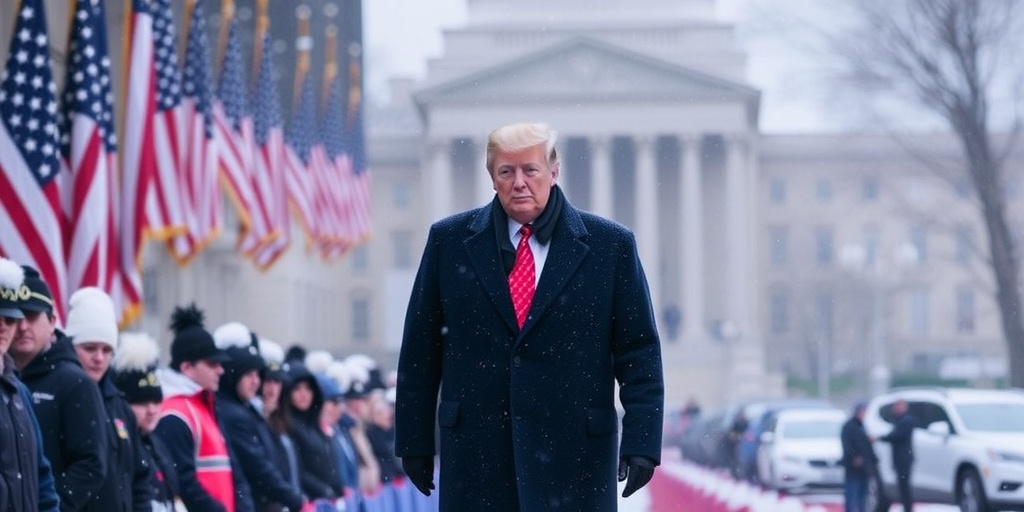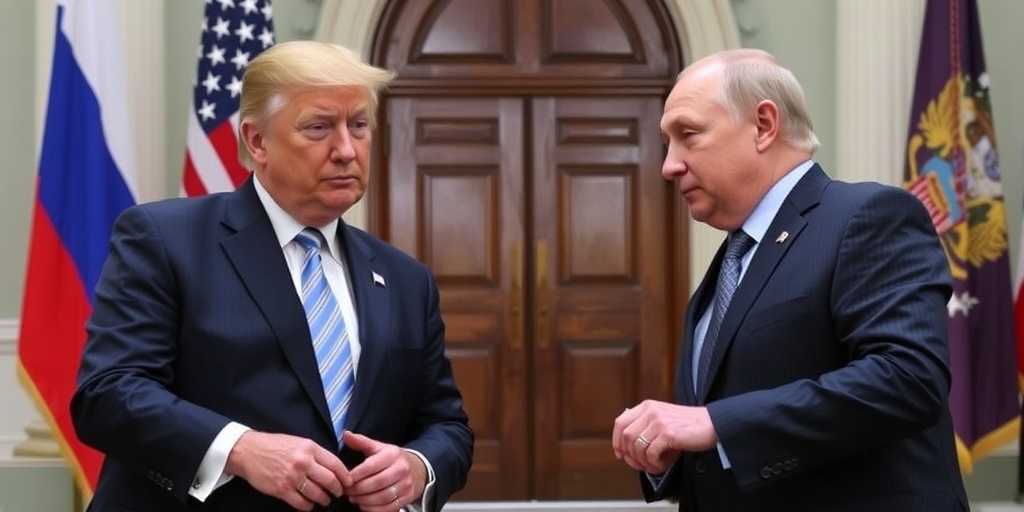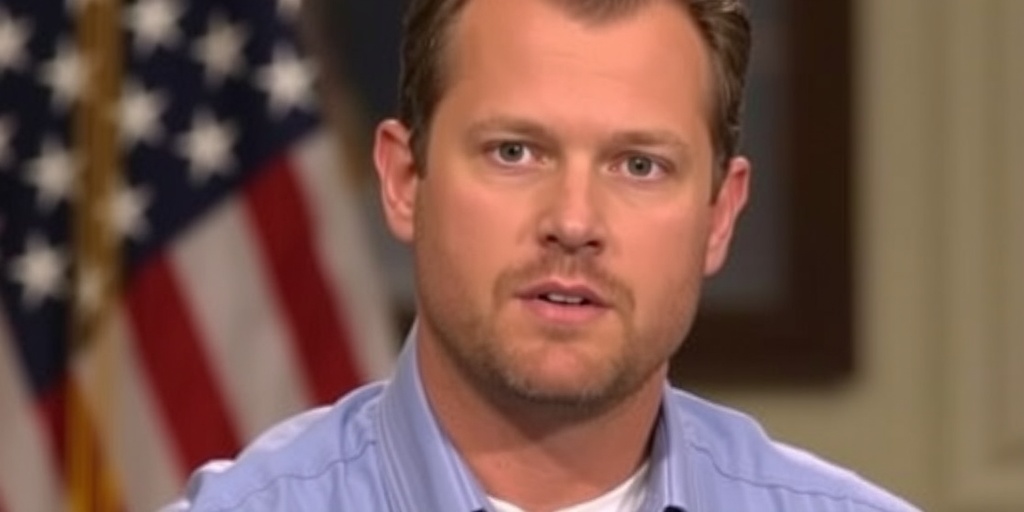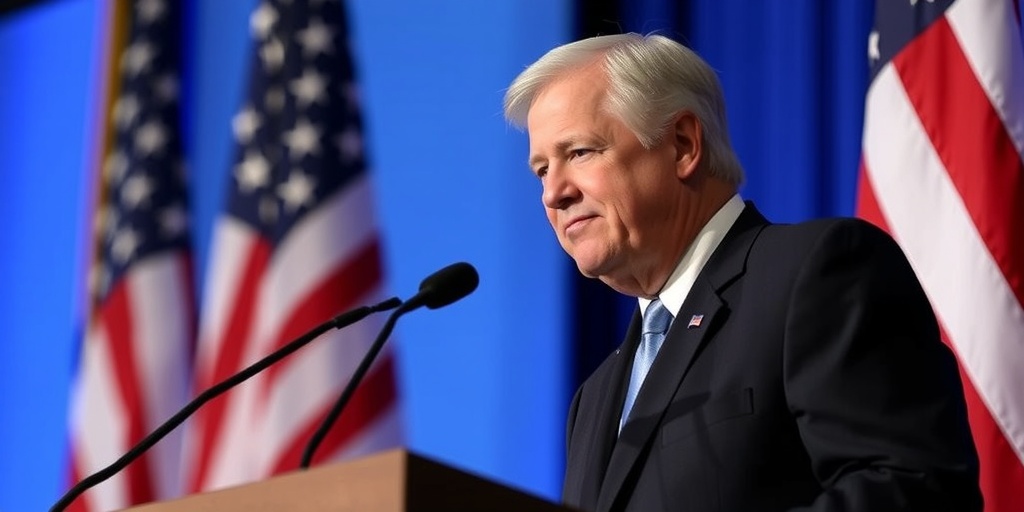Now Reading: Over 230,000 Petition to Revoke Musk’s Canadian Citizenship
-
01
Over 230,000 Petition to Revoke Musk’s Canadian Citizenship
Over 230,000 Petition to Revoke Musk’s Canadian Citizenship
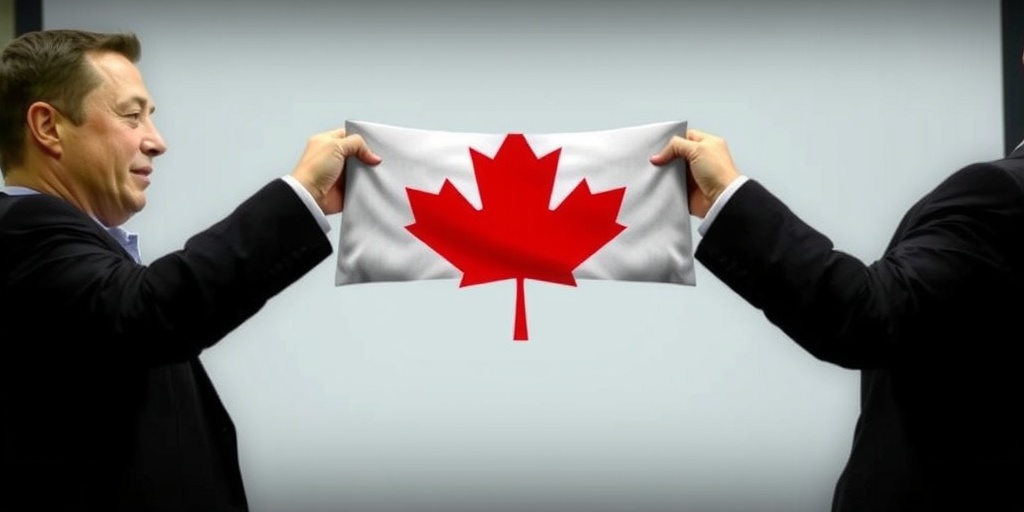
Title: Over 230,000 Canadians Petition to Revoke Elon Musk’s Citizenship Amid Controversy
In a surprising turn of events, more than 230,000 Canadians have signed a petition demanding the revocation of Elon Musk’s Canadian citizenship and passport. The petition asserts that Musk, the billionaire entrepreneur known for his roles in Tesla and SpaceX, has engaged in actions that jeopardize Canada’s national interests. Launched by Canadian citizen Qualia Reed and supported by Charlie Angus, a member of Parliament from the New Democratic Party, the petition has garnered significant attention and public support since its initiation.
The petition outlines a sentiment shared by many Canadians that Musk has “become a member of a foreign government that is attempting to erase Canadian sovereignty.” The reference primarily highlights Musk’s association with former President Donald Trump, who has made controversial statements about Canada, including his musings about making it the “51st state” of the United States. These comments have not only stirred political tension but have also led to concerns about the implications for Canada’s independence and governance.
In a provocative response to the growing discourse surrounding the petition, Musk, who was born in South Africa, expressed his views on social media. On Monday, he tweeted that “Canada is not a real country,” a statement that was met with backlash from numerous Canadians who interpreted it as a dismissive and disrespectful comment toward their nation. This incident illustrates Musk’s ongoing contentious relationship with Canada, further complicating public perception of his influence on Canadian politics.
In addition to the petition’s stipulations, there are broader questions about Musk’s potential involvement with Trump’s administration, particularly regarding their approach to Canada. While it remains unclear how directly Musk is impacting Trump’s policies, his recent social media activity suggests a pattern of engaging in discussions that challenge Canada’s sovereignty. The Canadian public’s concerns are further amplified by Musk’s reported endorsement of Pierre Poilievre, the leader of Canada’s Conservative Party, indicating his intent to influence Canadian leadership dynamics.
Canadian Prime Minister Justin Trudeau has weighed in on the situation, asserting that he does not take Trump’s remarks lightly and views them as serious threats to Canada’s sovereignty. In a series of diplomatic tensions, Mr. Trump has also indicated plans to impose significant tariffs on Canadian exports to the United States, a move that could impact the economic relationship between the neighboring countries. Trudeau’s administration has navigated these challenges carefully, emphasizing the importance of national sovereignty in the face of outside pressures.
The formalities of how a petition reaches the House of Commons can be intricate. Canadian parliamentary procedure stipulates that petitions must collect a minimum of 500 valid signatures to be eligible to be presented for discussion. Granted the overwhelming support for this particular petition, it is expected to receive attention from lawmakers. However, the process for revoking citizenship is also governed by specific guidelines, as outlined by the Canadian government. Citizenship can be revoked under circumstances involving fraud, misrepresentation, or the withholding of crucial information during the immigration or citizenship application processes.
As of now, Prime Minister Trudeau’s office has not issued a comment on the petition or its potential implications. The collective voices of citizens echo a sentiment that underscores the anxiety surrounding national identity and the impact of external actors on Canada’s political landscape.
Underlining Musk’s significant influence, many Canadians express concern that he may use his wealth and platform to meddle in Canadian elections and politics. The petition explicitly states, “He has used his wealth and power to influence our elections,” calling for a serious reevaluation of the billionaire’s standing in Canada. Musk’s previous remarks about Canadian leaders, branding Trudeau merely as “a governor,” reflect a pattern of provocation that has many questioning the motivations behind his public comments.
The repercussions of this petition may extend beyond Musk himself. It has ignited discussions about foreign influence in national affairs and the importance of protecting Canadian identity against external forces. As the petition gains momentum, it serves as a reminder of the complexity of Canadian-American relations and the fine line between international engagement and national sovereignty.
While the path ahead remains uncertain, the petition signifies a growing awareness among Canadians about their autonomy in the face of powerful foreign individuals and governments. As they stand united, the Canadian public seeks to ensure that their voice is heard in the discourse surrounding the future of their nation and its leaders. The unfolding situation not only highlights the intricacies of citizenship laws in Canada but also reflects broader societal concerns about statehood and integrity in a rapidly evolving geopolitical environment.
Stay Informed With the Latest & Most Important News
Previous Post
Next Post
-
 01New technology breakthrough has everyone talking right now
01New technology breakthrough has everyone talking right now -
 02Unbelievable life hack everyone needs to try today
02Unbelievable life hack everyone needs to try today -
 03Fascinating discovery found buried deep beneath the ocean
03Fascinating discovery found buried deep beneath the ocean -
 04Man invents genius device that solves everyday problems
04Man invents genius device that solves everyday problems -
 05Shocking discovery that changes what we know forever
05Shocking discovery that changes what we know forever -
 06Internet goes wild over celebrity’s unexpected fashion choice
06Internet goes wild over celebrity’s unexpected fashion choice -
 07Rare animal sighting stuns scientists and wildlife lovers
07Rare animal sighting stuns scientists and wildlife lovers













